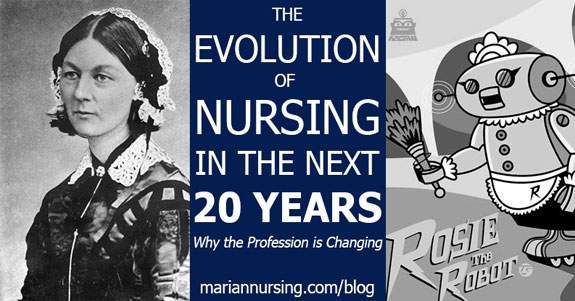The role of the professional nurse when implementing a change is to identify that there is a need for a change. (Rubenfeld & Scheffer, 2014, p. 321) Once the need for a change is identified by the nurse, the next step is to implement a change in behaviors efficiently and with quality. When identifying the area specifically that needs the change, nurses need to be deliberate in stating the purpose for the change. When speaking to the target group about making the change, it is important to keep their attention span with non-lecturing phrases. As nurses we are not always in our comfort zone to explain why changes need to be implemented. We should be prepared to explain why this change is needed and what improvements these changes will make.
Generally, people will always be resistant to change. But as professional nurses, our focus is to build trust and credibility. The goal is to acknowledge that the change is coming and that you empathize with the feelings of the upcoming change. (Rubenfeld & Scheffer, 2014, p. 324)
Some companies are very involved with AHCA (Agency for Healthcare Administration) because they hold a state contract. Evidenced based nursing is in a sense required as far as the patient care when case managers are managing a case. However on the same note, although case managers are not performing hands on care, they are required to know about all their patients’ diagnoses and treatments. These companies have social workers and nurses alike seeing the same types of patients. The issue that comes up with nurses and social workers seeing the same types of patients is when the social worker is not able to use his/her critical thinking skills in their area of expertise. The social workers are required to case manage a patient having medical issues that can possibly be on a ventilator or have more complex medical problems. Some companies, utilize social workers to assist patients with the community resources that they are all too familiar with. While other companies, say ACHA is not paying the company to rethink how cases are managed and by whom because it is not hands on care, it is case management.
These days nurses can work in many diversified places, even in corporations such as insurance companies. The problem for some places that employ nurses in a corporate role, is that there is very little nursing involved in their job role. Sometimes it is primarily reports, meetings to talk about reports and how to fix these reports. It is an ideal job for someone that has an interest in perfection of numbers and statistics. Most nurses are not geared this way, they are geared to use their critical thinking skills. As a nurse seeing that every other day there is a new change that is being implemented, will often make the nurse question why there is a change, but only too often to be told that the change is immediate and mandatory.
Nurses who are managers and supervise case managers have to explain new changes to them. For the case managers, these changes are difficult because the staff is in the field. They may receive an email about something needed to be changed as soon as possible, however they may have just returned home at 4:30 or 5pm in the afternoon looking forward to the end of their day. They check their emails and find deadlines on multiple items due. These changes affect the staff because they have to stay late after hours to get the work completed timely. This kind of change can cause many good nurses and social workers to resign.
As nurses or leaders we can tend to fall in to the routine of lecturing due to the pressures that we are under. However two of the six dimensions of dealing with complex dynamic changes are creativity and intuition. As a leader we should not just teach our group something, we should implement a way to bring creativity in to the change and use intuition to know how to speak to your group. The best way to implement a change is to get the group to commit to doing the new change and develop a smart goal with them that will allow them to measure their own goals.
Change is inevitable and we all have to change, but the way we implement those changes can be the success of the process being changed.
Author John Maxwell states, ” If you want to change your life, you must first change the way you think..”
References
Rubenfeld, M. G., & Scheffer, B. (2014). Critical Thinking Tactics for Nursing Achieving the IOM Competencies (3rd ed.). [P2BS-11]. Retrieved from http://online.vitalsource.com/books/9781284059571
(Rubenfeld & Scheffer, 2014, Chapter 11)
Written By Rosie Moore, RN, BSN, LNC




